Have you ever felt that trauma has stolen your spontaneity and disrupted the flow of your everyday life? Do past traumatic events make the world seem unreachable? Learn how to heal from past trauma, and know you’re not alone in this struggle!
Healing from trauma is a journey that demands time, self-love, and patience. While the path to recovery may be challenging, the right mindset and strategies can help you move forward and find peace.
This guide will provide you with practical steps, insights, and strategies regarding how to help from past trauma and navigate the healing process to reclaim your life.
Let’s Understand Trauma and Its Types

Trauma can come from different experiences such as abuse, loss, accidents, or witnessing violence. It is important to remember that trauma affects people in different ways.
Some may have physical symptoms like headaches or fatigue while others struggle with emotional issues such as anxiety or depression. Understanding the nature and type of your trauma will allow you to be on the road to recovery.
Types of Trauma You May Face
To understand how to heal from past trauma, you must identify its types. These are as follows:
- Acute Trauma: This results from a single incident such as an accident or natural disaster.
- Chronic Trauma: This occurs due to repeated exposure over time to highly stressful events like domestic violence or long-term illness.
- Complex Trauma: Exposure to multiple traumatic events usually interpersonal and invasive.
Identifying which type of trauma you are dealing with can help you find the most effective healing strategies. You can also learn about trauma responses and use them to save your mental peace.
Read More: How Childhood Trauma Secretly Creates Narcissists?
How to Heal from Past Trauma and Forgive Yourself?
Healing often requires self-awareness and self-talk. It helps understand how reactions work; how triggers work and how they affect one’s life regarding trauma. Practicing mindfulness and reflection can enhance self-awareness.
1. Practice Mindfulness and Journaling
- Meditation: Take several minutes each day just sitting alone quietly focused only on your breaths without judging your thoughts whatsoever.
- Journaling: Write down your thoughts and feelings so that you can process emotions thereby identifying patterns or triggers.
2. Get Help from Effective Healing Therapies
You must take therapies as a remedy for how to heal from past trauma. Most times post-traumatic stress disorder requires professional intervention. Therapists and counselors help you to navigate through your trauma within a safe environment full of compassion.
Types of Therapy for Healing and Forgiving
Apart from professional therapies like CBT, you can also opt for effective new-age healing techniques such as:
- Narrative Therapy
It is about re-writing your personal story in a narrative form. Recounting trauma from a different perspective can offer new insights and give you some control over the happenings. This approach enables one to visualize themselves beyond being a victim of any tragedy.
- Art Therapy

Expressing emotions artistically through activities such as drawing, painting or sculpturing is very therapeutic. Art therapy helps individuals to articulate feelings that are difficult for them to put into words, hence providing an avenue for expression and healing.
- Somatic Experiencing
This approach deals with how the body responds to trauma. By paying attention to physical sensations and working through them, stored tension and trauma can be released from the body. This technique includes exercises on grounding, deep breathing, and mindful movement.
- EFT Tapping (Emotional Freedom Techniques)
EFT combines cognitive therapy with acupressure techniques. By tapping on specific meridian points while voicing your thoughts and feelings, traumatic memories can be reduced in emotional intensity and self-compassion can be fostered.
- Forest Bathing (Shinrin-Yoku)
If you are wondering how to heal from past trauma and get relaxation then you must know about forest bathing techniques. Spending time in nature, especially in forests, can have a profound calming effect. Forest bathing involves immersing yourself in the natural environment, engaging your senses, and allowing nature to soothe and heal your mind and body.
- Sound Healing

The practice of using sound frequencies and vibrations is an ancient technique for healing emotional wounds. For instance, singing bowls, gongs, or tuning forks are used to create vibrations that resonate with your body thereby helping you unblock negative emotions while promoting relaxation.
Read More: 7 Signs You’ve Difficulty Accepting Love After Trauma
3. Practice Self-Compassion Techniques
Healing and forgiving often pose as the hardest part of healing from a trauma. It requires accepting your humanity which means accepting that it is fine to make mistakes and suffer pain.
Steps to Self-Compassion
- Acknowledge Your Pain: Recognize that you are hurting, and it is okay to feel this way.
- Treat Yourself with Kindness: Talk to yourself as if you were talking to a beloved friend; say comforting things that give support.
- Understand Your Humanity: Acknowledge everyone makes mistakes as well as suffers pain; in other words, you’re not alone in this universe.
4. Understand How to Set Boundaries
If you are wondering how to heal from past trauma, you must know about setting boundaries. Setting boundaries is essential for protecting yourself from further harm and maintaining your well-being.
Types of Boundaries
- Physical Boundaries: Protect your physical space and body.
- Emotional Boundaries: Safeguard your emotional well-being by not taking on others’ emotional burdens.
- Time Boundaries: Manage your time effectively to avoid burnout and ensure you have time for self-care.
How to Set Boundaries?
- Identify Your Needs: Understand what you need to feel safe and secure.
- Communicate Clearly: Express your boundaries clearly and assertively.
- Enforce Your Boundaries: Stand firm and take action if your boundaries are violated.
5. Moving Forward to Heal from Past Trauma
Recovering from trauma is a gradual process. There will be good days and bad days but at every point where we take a step forward, we shall find ourselves more peaceful and stronger than before. Peace and strength are what the future holds as we push each day.
Tips for Moving Forward
- Set Realistic Goals: Break your recovery into small, manageable steps.
- Celebrate Progress: Acknowledge and celebrate your achievements, no matter how small.
- Stay Positive: Maintain a hopeful outlook and remind yourself that healing is possible.
Read More: 6 Signs You’re In A Trauma Bond
Forgive Yourself and Embrace Healing
How to heal from past trauma? The answer is now in your hand. By understanding your trauma through its healing stage, seeking professional help building support systems, and practicing self-compassion, regain your life’s purpose.
It is good to note that healing from trauma starts within an individual as they take the personal path which may sometimes require professional guidance. You do not need to rush in the process. Take your time and get healed at your own pace.
Frequently Asked Questions (FAQs)
1. How can I start the healing process from past trauma?
Begin by seeking professional help, practicing self-care, and creating a support system.
2. What are some effective self-forgiveness techniques?
Practice self-compassion, journal your feelings, and challenge negative self-talk.
3. How long does it take to heal from trauma?
Healing is a personal journey and can vary greatly; be patient with yourself.

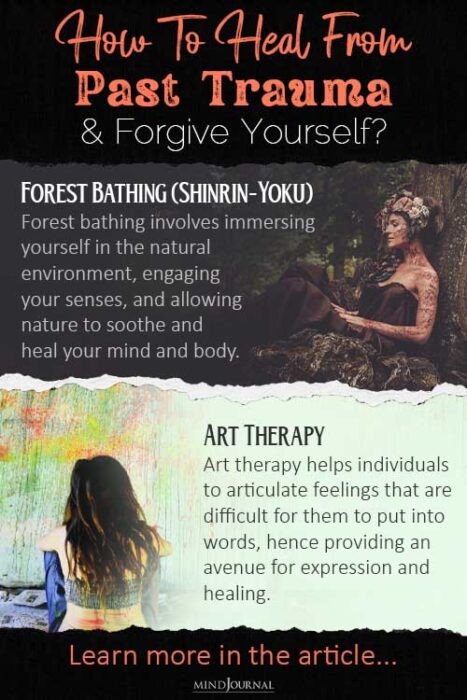



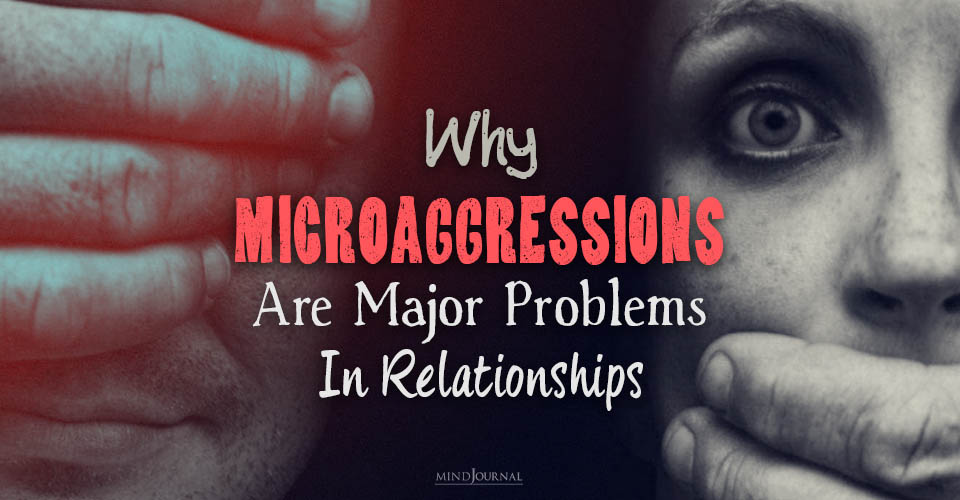

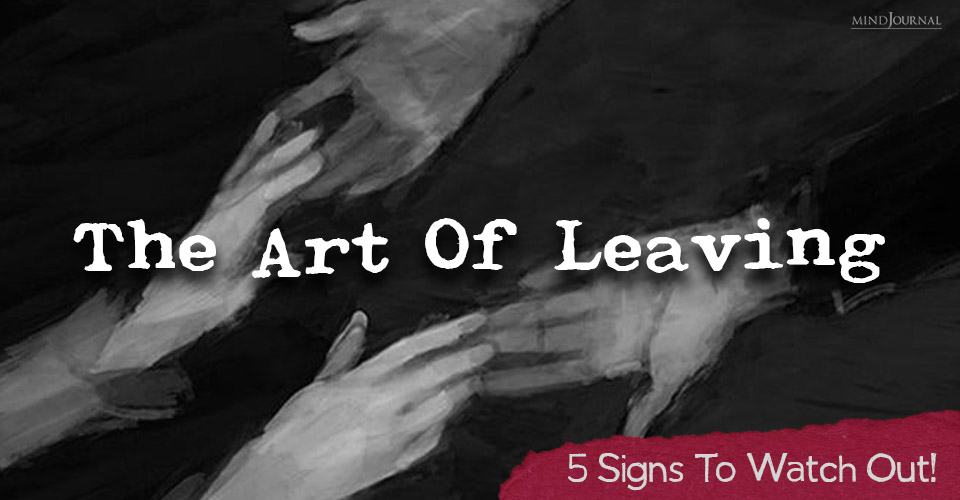
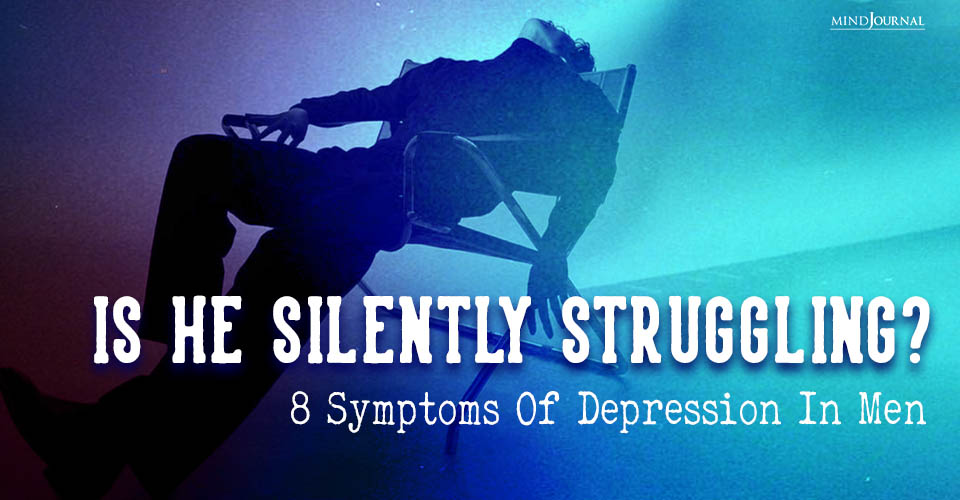


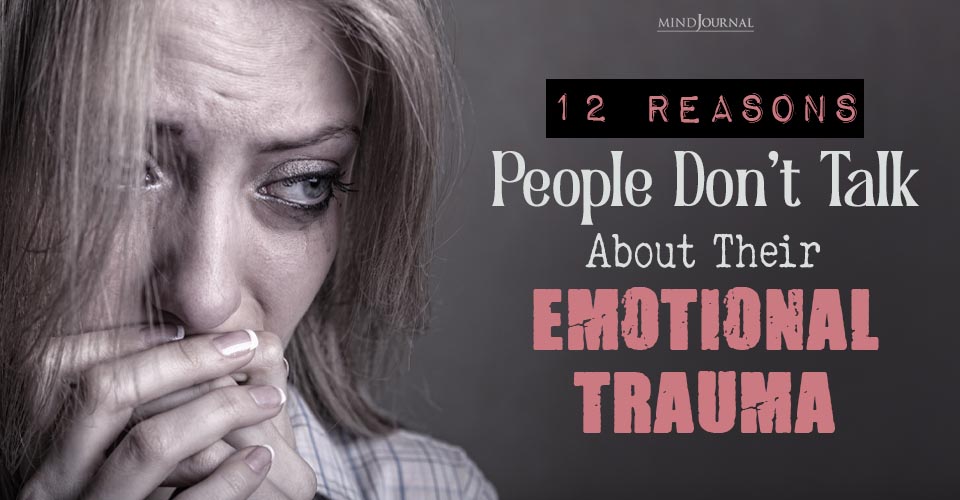




Leave a Reply
You must be logged in to post a comment.